Information for children and young people with special educational
advertisement
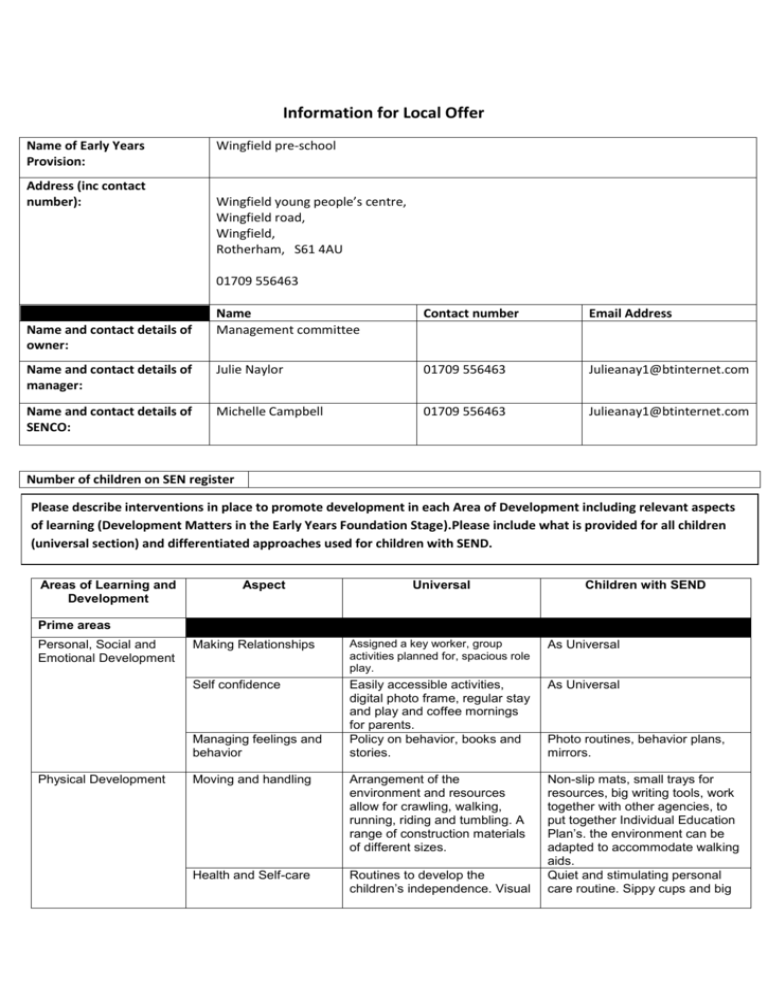
Offer (December 2013) Information for Local Offer Name of Early Years Provision: Address (inc contact number): Wingfield pre-school Wingfield young people’s centre, Wingfield road, Wingfield, Rotherham, S61 4AU 01709 556463 Name Management committee Contact number Email Address Name and contact details of manager: Julie Naylor 01709 556463 Julieanay1@btinternet.com Name and contact details of SENCO: Michelle Campbell 01709 556463 Julieanay1@btinternet.com Name and contact details of owner: Number of children on SEN register Please describe interventions in place to promote development in each Area of Development including relevant aspects of learning (Development Matters in the Early Years Foundation Stage).Please include what is provided for all children (universal section) and differentiated approaches used for children with SEND. Areas of Learning and Development Aspect Universal Children with SEND Prime areas Personal, Social and Emotional Development Making Relationships Assigned a key worker, group activities planned for, spacious role play. As Universal Self confidence Easily accessible activities, digital photo frame, regular stay and play and coffee mornings for parents. Policy on behavior, books and stories. As Universal Moving and handling Arrangement of the environment and resources allow for crawling, walking, running, riding and tumbling. A range of construction materials of different sizes. Health and Self-care Routines to develop the children’s independence. Visual Non-slip mats, small trays for resources, big writing tools, work together with other agencies, to put together Individual Education Plan’s. the environment can be adapted to accommodate walking aids. Quiet and stimulating personal care routine. Sippy cups and big Managing feelings and behavior Physical Development Photo routines, behavior plans, mirrors. snack time routine and menu, choice of healthy snacks and drinks. Communication and Language Listening and attention Understanding Speaking Song and music time, puppets, listening games, quiet areas, letters and sounds activities. Resources to capture curiosity. Planned activities based on children’s interests. Staff knowledge of schemas and questioning. Awareness of English as an additional language. Opportunities for children to ask questions and give comments during activities. Knowledge on open ended questioning of children. chunky cutlery. Parents views and wishes taken into account. Health care plan implemented if needed. CD player, calming music, puppets. Sensory equipment available. Makaton signs and symbols used. Makaton signs and symbols used. Syllable clapping games. Knowledge on child development and referral to speech and language development. Specific Areas Literacy Reading Large selection of books, awareness of bilingual stories and languages. Phonic knowledge. Range of texts in the environment. Local storytellers. A library system for children to borrow books and story sacks to take home. A wide variety of resources to make marks, pens, paint, sand, salt, whiteboards. Added to role play, eg, Drs, menus, phone book, diaries. Number puzzles and books, number games, displays, sorting equipment, Shapes in the environment, regular use of containers in the sand and water. Puzzles. Family photographs on display. Role play-dress up, occupational books and visits fire, police, dentist, farm. Walks in the community. Small world equipment. Props and spot trays to support stories and rhymes. Books with media pictures. Technology Computer, cameras, phones, torches, photocopier. As universal with extra support if needed. Exploring and using media and materials Materials and resources of different textures, and colours. Paint easel Real items/objects, dress up, stories based on experiences. Sensory equipment with sounds and textures. Writing Mathematics Numbers Shape, space and measure Understanding the world People and communities The World Expressive Arts and Design Being imaginative Chalks, big pens, large water painting outside. Treasure baskets, atelier resources. Large boxes and spaces with materials for den making. Child’s own photo diary. Books with puppets and dolls. As universal with extra support if needed. As universal with extra support if needed. Describe how you develop and embed the following into your setting everyday practice: Partnership Working: Parent/carers Partnership Working: Outside agencies SEND training; keeping staff up to date. Transition preparation: Daily sheets, parent friendly planning sheets, open door policy, regular meetings, coffee mornings and stay and play sessions. Key person system, parent involvement policy, parent committee members and lead worker for Special Educational Needs and Disabilities families. Comments box outside of main room and regular questionnaires. Assessment policy and Special Educational Needs and Disabilities policy, Individual Education Plan’s devised with input from other agencies and parents/ carers. Special Educational Needs and Disabilities policy, staff contracts, feedback sheets from courses, regular staff meetings, links to outreach service when required. Transition policy, books with photos devised and used, invites sent to next setting/school for visit to us, regular contact. Name and Signature of person completing form: Julie Naylor and Michelle Campbell Date of completion: 21/07/2014
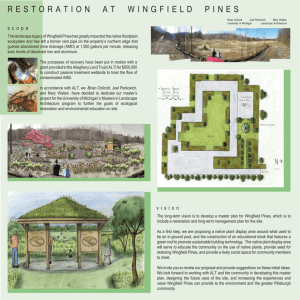
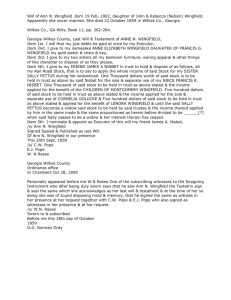
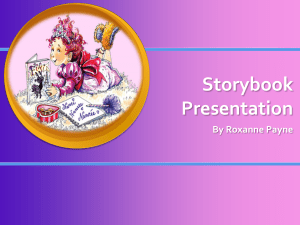
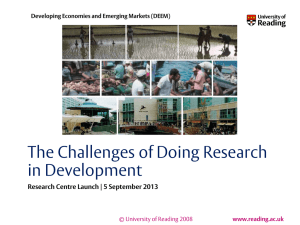
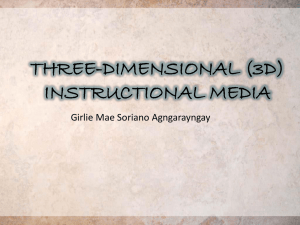
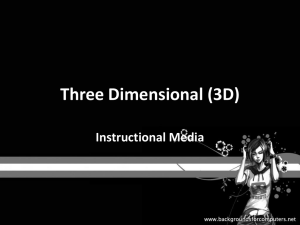
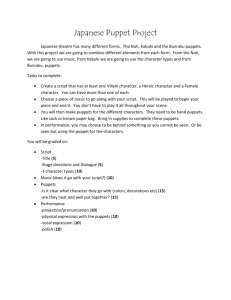



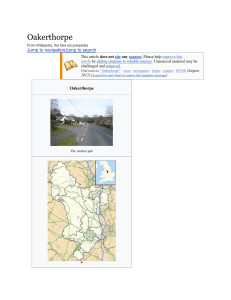
![Linda de Vries Slides [d]](http://s2.studylib.net/store/data/010134283_1-3a979958e9a2fe60fa5d1974a5e30297-300x300.png)